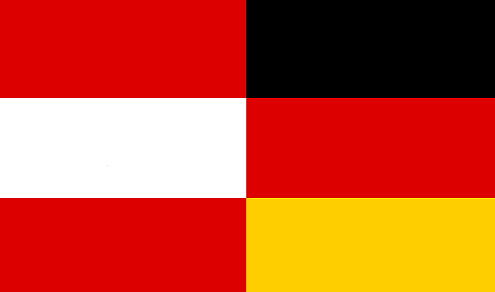BERLIN, March 31 (Xinhua) -- Following the German Federal Council's approval of a law enabling highway tolls to be introduced, Austria responded by saying it would challenge the decision in the European Court of Justice.
The new law to introduce an "infrastructure fee" took nearly four years to pass in the face of considerable opposition from Germany's neighbors who argued it is discriminatory. This is because German motorists will receive a corresponding reduction in their annual vehicle tax bill.
Austria's legal challenge is that motorists will pay a charge for using German highways, ranging from 2.50 euros for 10 days up to 130 euros per year. And vehicles will pay more or less depending on factors such as size, environmental efficiency, whether they have diesel engines or meet the Euro 6 emissions standards.
Horst Seehofer, Bavarian prime minister and chairman of Christian Social Union (CSU), the Bavarian sister party to Chancellor Merkel's CDU, in 2013 refused to sign the coalition agreement unless the government committed to introducing a toll for "foreign car drivers".
The law has been pushed through by the Federal Minister for Transport Alexander Dobrindt.
The European Commission had claimed the toll breached European law, but an accommodation was subsequently reached between Dobrindt and the president of the European Commission Jean-Claude Juncker.
The German government has claimed that the tolls would generate a surplus 500 million euros that could be spent on roads and infrastructure, but Thoms Puls of the Cologne Institute for Economic Research -- among of many sceptical of the government's claims -- has pointed out that other forecasts were significantly lower.




 A single purchase
A single purchase









